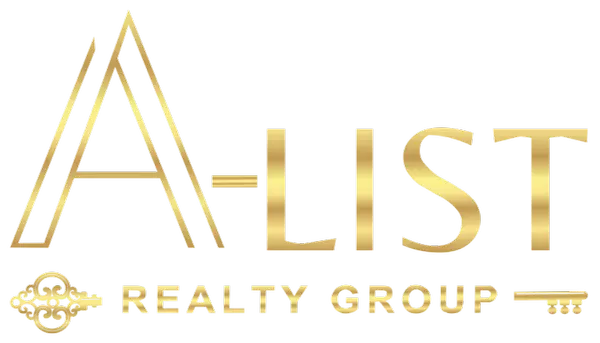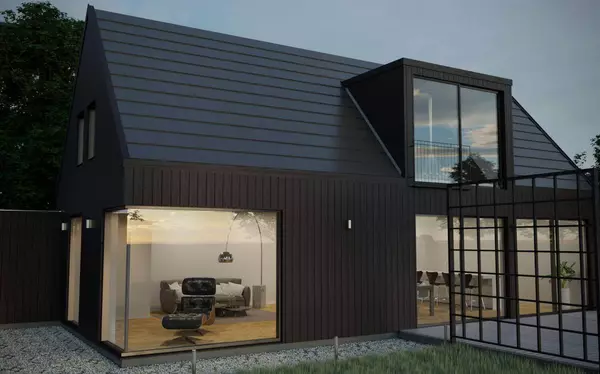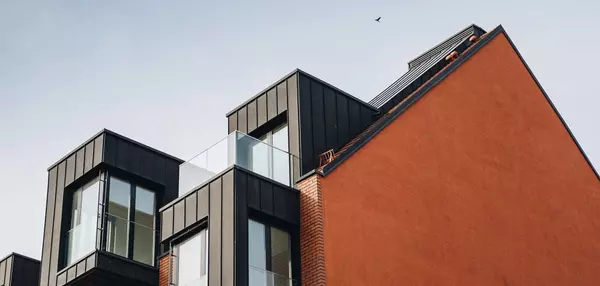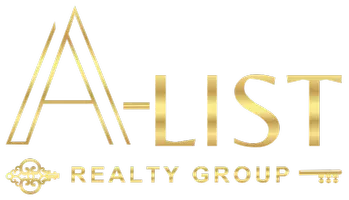Owning vs. Renting: Which Housing Option Is Right for You?

Deciding whether to rent or buy a home is one of the most important financial and lifestyle choices you'll make. Each option comes with its own set of benefits and challenges, and the best choice depends on your personal goals, financial situation, and lifestyle preferences. In this blog post, we’ll break down the pros and cons of homeownership and renting to help you make a more informed decision.
 The Pros and Cons of Owning a Home
The Pros and Cons of Owning a Home
 Pros of Owning
Pros of Owning
-
Building Equity
Every mortgage payment you make helps you build equity—your ownership stake in the property. Over time, this can be a significant financial asset. -
Stability
Homeownership can provide long-term stability. You’re not at the mercy of landlords or rent increases, and you can stay put as long as you want. -
Freedom to Customize
You can renovate, paint, landscape, and truly make the space your own—something renters are often restricted from doing. -
Potential for Appreciation
Real estate can appreciate in value over time, potentially giving you a return on investment when you sell. -
Tax Benefits
In many countries, homeowners can deduct mortgage interest and property taxes, offering some financial relief.
 Cons of Owning
Cons of Owning
-
Upfront Costs
Buying a home requires a significant upfront investment—down payment, closing costs, inspection fees, and more. -
Maintenance and Repairs
As a homeowner, you're responsible for all maintenance and repairs, which can be both time-consuming and expensive. -
Less Flexibility
Selling a home takes time and money, making it harder to move quickly for a job or lifestyle change. -
Market Risk
If property values fall, you could end up owing more on your mortgage than your home is worth. -
Property Taxes and Insurance
Ongoing costs like property taxes and homeowners insurance can add up over time.
 The Pros and Cons of Renting
The Pros and Cons of Renting
 Pros of Renting
Pros of Renting
-
Flexibility and Mobility
Renting is ideal for those who move frequently or aren't ready to settle down. Lease terms are usually short-term and easier to end. -
Lower Upfront Costs
Renting typically requires just a security deposit and first month’s rent—far less than a home purchase. -
No Maintenance Worries
Landlords are usually responsible for repairs and maintenance, saving you time and unexpected expenses. -
Access to Amenities
Many rental properties offer perks like gyms, pools, or security services, which might be cost-prohibitive in a home. -
No Market Risk
You’re not affected by dips in the real estate market or fluctuations in property value.
 Cons of Renting
Cons of Renting
-
No Equity Building
Rent payments don’t contribute to ownership or build any long-term financial asset. -
Limited Control
You may face restrictions on decorating, pets, or making changes to the space. -
Rent Increases
Rents can rise when leases renew, especially in high-demand areas, affecting your budget. -
Lack of Stability
Your landlord could sell the property or decide not to renew your lease, forcing you to move unexpectedly. -
Fewer Tax Benefits
Renters typically don’t enjoy the same tax deductions available to homeowners.
 So… Which Is Right for You?
So… Which Is Right for You?
Choosing between renting and buying isn’t a one-size-fits-all decision. If you’re financially stable, plan to stay in one place long-term, and want to build equity, homeownership could be a smart investment. On the other hand, if you value flexibility, lower initial costs, and minimal maintenance responsibilities, renting might be the better route—at least for now.
Evaluate your current lifestyle, long-term goals, and financial situation carefully. You can even consult a financial advisor or real estate professional to help guide your decision.
Have questions about buying or renting? Or want help budgeting for either path? Contact us—we’re here to help you make confident, informed choices about where you live.
Categories
Recent Posts











